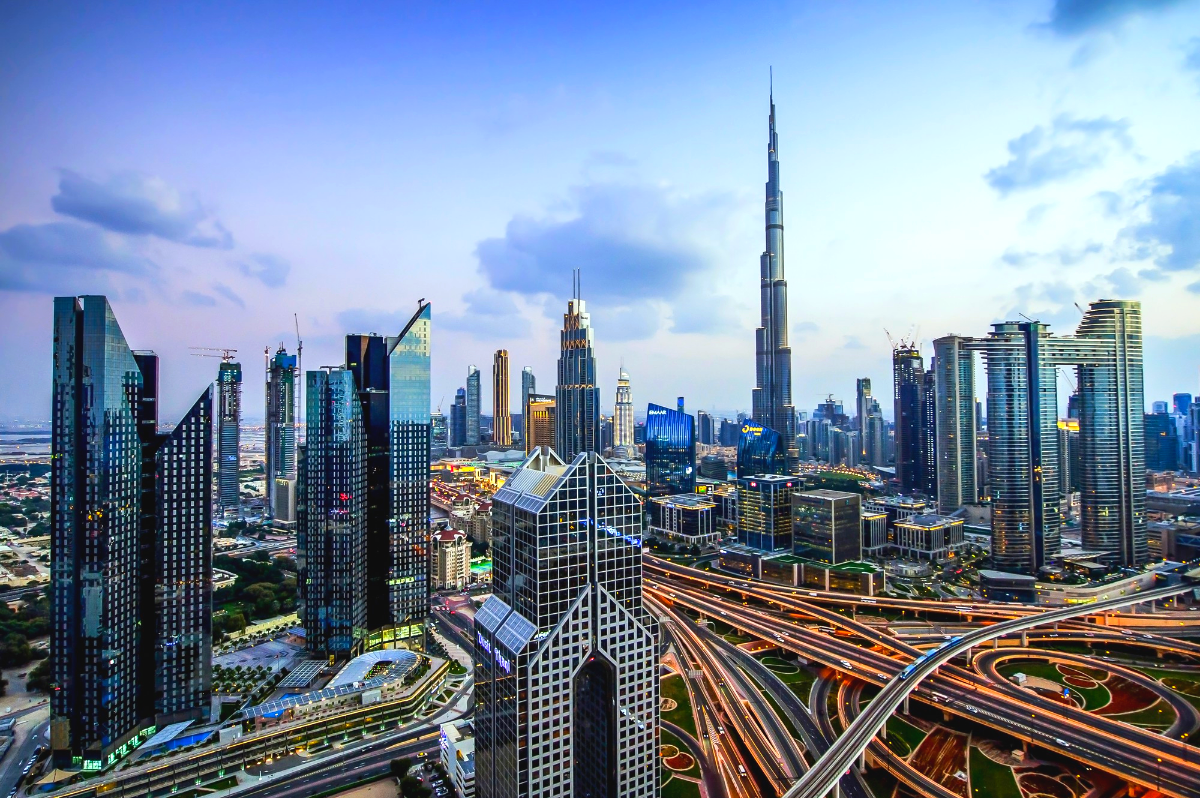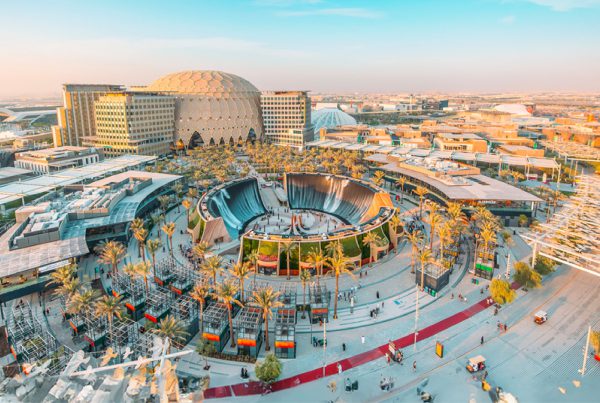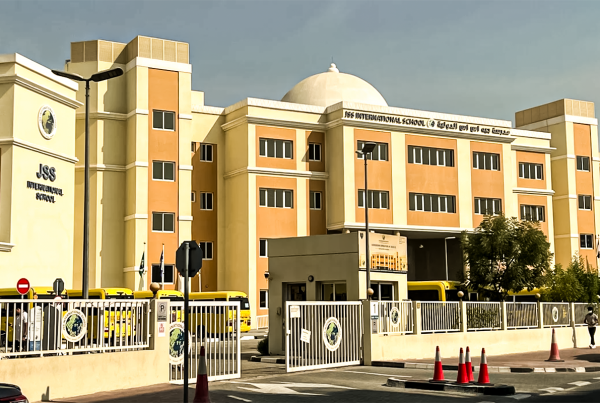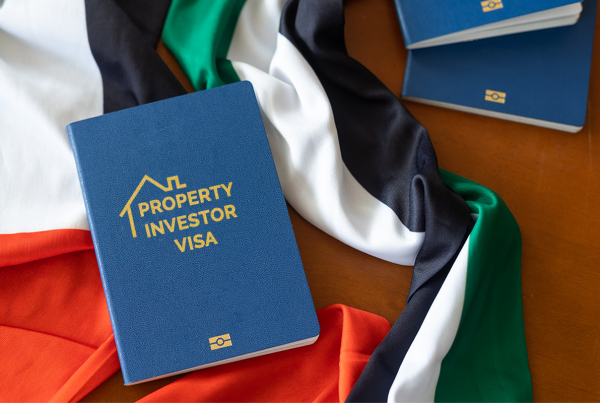In the last three decades, Dubai has transformed from a desert emirate to a luxury tourist destination. The largest banks in the world are active in Dubai. Dubai serves as a center for commerce, financial services, and tourism. The tallest structures and largest malls in the world are found in Dubai today. Dubai is a centrally planned free economy which means the government intervenes in the economy so it can work effectively.
What makes Dubai so wealthy, then? Wondering how Dubai amassed all of its wealth?
Keep reading to unravel the intriguing story behind Dubai’s extraordinary prosperity.
Popular Belief about Dubai
Most people believe that Dubai’s economic prosperity was mostly due to oil. Oil was one of the factors that made Dubai so rich, But it is not the only one.
In the 1960s, Abu Dhabi discovered a lot of oil and gas; This capital city became the wealthiest emirate in the UAE. Like Abu Dhabi, Dubai also discovered oil on its land, but it was in much smaller amounts than Abu Dhabi. Just 1% of Dubai’s income comes from oil, which was discovered 50 years ago. Dubai was aware then that oil riches would significantly contribute to the city’s emergence as a wealthy area.
How it all began?
The UAE’s Trucial Coast’s main source of revenue from the 1770s until the late 1930s was the pearl trade. Pearl diving was seen as a small beginning in trade by the people of the Persian Gulf, but it established the foundation for later trade that would be far more significant.
The Dubai Economy
The inhabitants of the Persian Gulf felt Pearl diving was a small beginning in trade, but it laid the foundation for something far more significant later on. Contrary to popular opinion, Dubai’s economy is not dependent on oil. It received some oil revenue between the 1960s and the 1990s, which it invested in building physical infrastructure to enhance other economic sectors. Trade is still the key economic driver in Dubai, which has two of the world’s biggest ports and a significant international air freight hub.
No Income Tax
Dubai does not have an income tax and recently implemented a 5% VAT tax, which is modest compared to Western economies’ 18% VAT tax. Many wealthy people who don’t want to pay high-income taxes in their own nations have been drawn to Dubai.
These affluent people travel to Dubai to preserve their fortune in a country without taxes. Dubai continues to impose a staggering 55% tax on oil corporations and a 20% tax on foreign banks.
However, the fact that most people do not pay income taxes significantly improved the city’s economic growth because it attracted many rich people and stimulated investment. These wealthy people tend to own numerous properties, and their expenses are more when compared to normal people, there is a boost in the country’s economy.
Low taxes played a crucial role in Dubai’s economic growth
Due to the lack of property taxes, one of the reasons Dubai has so many tall skyscrapers is that foreign direct investment floods into their economy. It brought in a lot of foreign real estate developers who built opulent skyscrapers to sell them without paying taxes.
Due to the increasing demand for luxury residences in Dubai and the abundance of wealthy buyers, these properties are in high demand. Due to its enormous economic exposure to the world economy, the financial crisis severely impacted Dubai’s real. Several affluent people and foreign corporations were filing for bankruptcy. At the time, there weren’t enough people to buy real estate.
During the 2008 financial crisis, there was a considerable drop in price due to a greater supply of real estate than there was demand for it. Dubai’s real estate market began to rebound in 2013, and prices rose the following year.
Immigration Freedom
85% of Dubai’s population is made up of immigrants. Foreigners are more frequently seen than natives in Dubai. One of the things that propelled Dubai’s economic growth was immigration to boost international direct investment, which would enhance economic expansion. The administration made a choice that might alter Dubai’s economic future. In 2002, Dubai made it possible for everyone, regardless of race or religion, to purchase real estate there.
Dubai Today
- Dubai, one of the world’s top cities, is the economic, commercial, and investment hub for Africa and the Middle East. The area between the Dubai International Airport and the Dubai Mall is home to some of the most incredible infrastructures in the entire globe.
- The city has also become the top tourism destination on the planet. It is home to some of the most well-known hotels in the world, unique resorts, and breathtaking desert scenery.
- To get around while visiting, tourists can easily rent a luxury car in Dubai, either with or without a driver. It provides a more adaptable, practical, and economical solution to address personal and professional needs.
- Known as the City of Gold and the Playground of Millionaires, Dubai is a diverse, thriving city today. The city upholds its status by providing first-rate, top-notch infrastructure and amenities.
Conclusion
Due to its vast oil reserves, Abu Dhabi is the wealthiest emirate in the UAE. But, Abu Dhabi’s economy is extremely vulnerable because it heavily depends on oil. Long-term oil demand is declining as more economies shift to renewable energy.
Because of this, Abu Dhabi and even Saudi Arabia are following Dubai and shifting their economies away from relying on oil and towards ones centered on services, finance, and tourism.
Middle Eastern economies, heavily reliant on oil, may learn a lot from Dubai’s transformation into a more stable economy centered on finance, services, and tourism.
FREQUENTLY ASKED QUESTIONS
Due to its strategic location, government initiatives, and investments in various sectors, including the oil and gas sector, tourism, real estate, and financial services, Dubai became wealthy and powerful.
Dubai made significant investments in the tourism sector, including the development of opulent hotels, shopping centers, and entertainment options, all of which helped draw tourists worldwide. A significant source of income for the city is now the tourist sector.
Dubai made significant investments in the real estate market, especially in constructing famous structures like the Burj Khalifa and the Palm Jumeirah. The city’s economy has significantly benefited from the real estate industry, giving its citizens job opportunities.
Dubai is a top destination for people who wish to relocate if they want to progress their careers, make tax-free income, and live in one of the world’s most fascinating and active cities. Long-term residents in Dubai are legally entitled to a wage not subject to income tax.
Dubai had to deal with issues like few natural resources, reliance on oil, and the worldwide economic recession. Nevertheless, the city’s administration has put plans in place to diversify the economy and address these issues.
Dubai has several development plans, including the Dubai Industrial Strategy 2030 and the Dubai 2040 Urban Master Plan. These initiatives seek to diversify the economy, advance sustainable growth, and raise citizens’ living standards.










